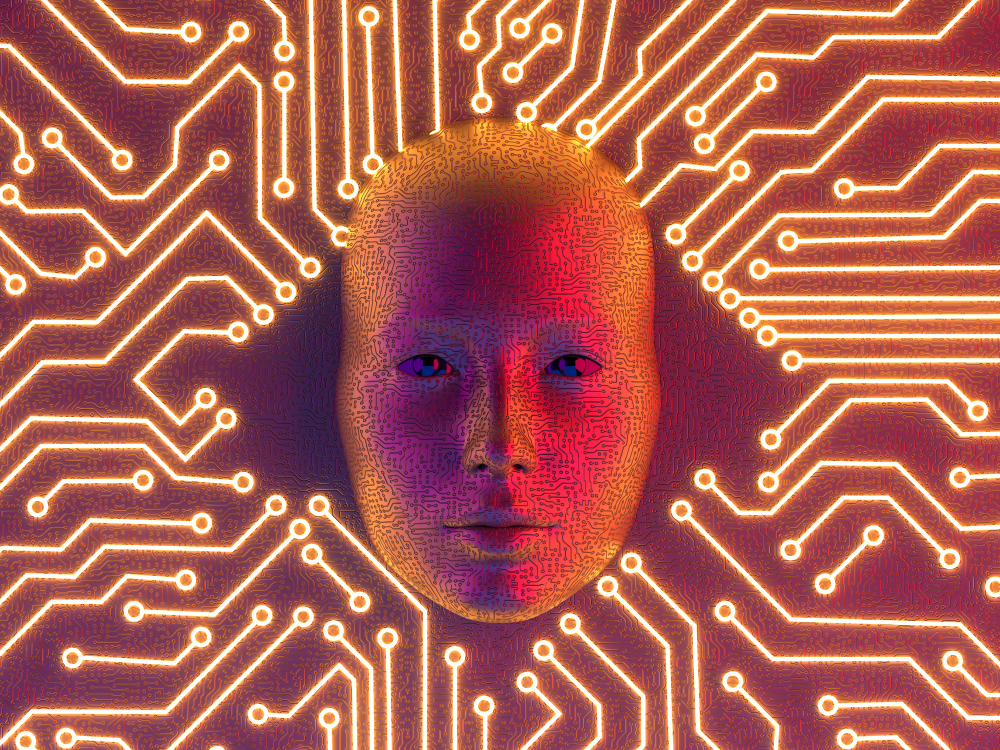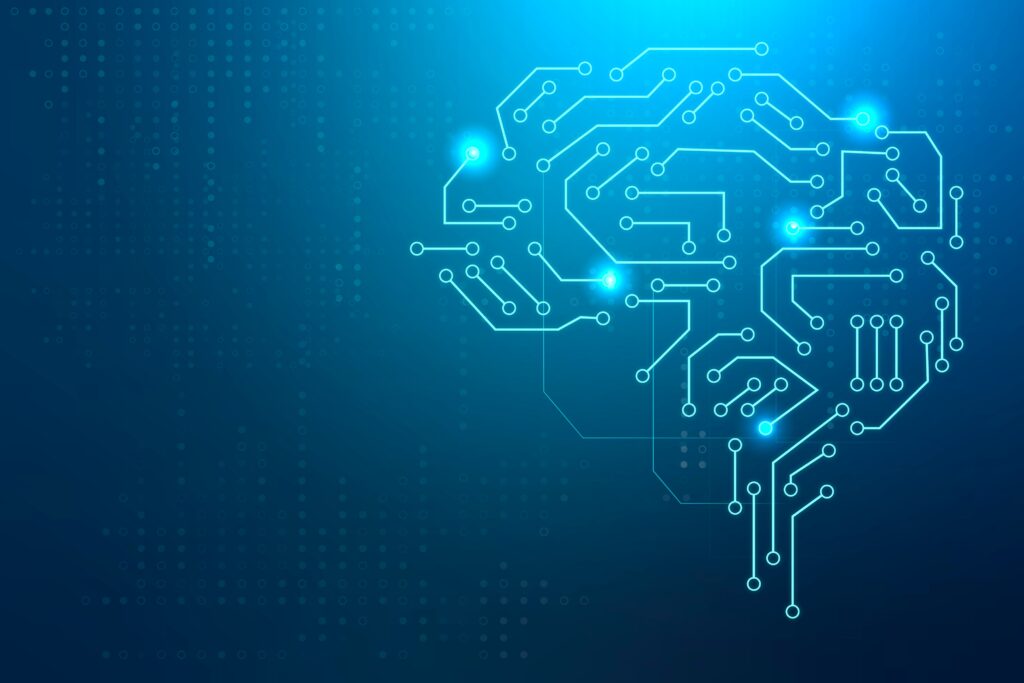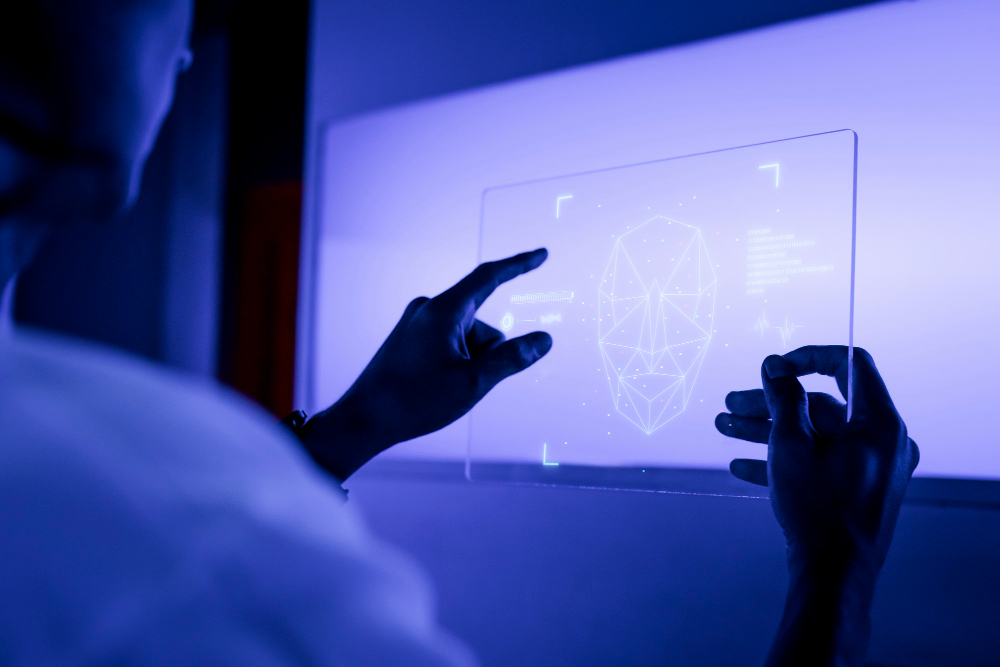Cancer is a leading cause of death worldwide. Millions of people are diagnosed with this disease every year, and efforts to combat cancer continue with early diagnosis and treatment methods. In recent years, artificial intelligence (AI) has provided revolutionary advancements in healthcare, offering transformative solutions in cancer diagnosis and treatment. This article delves into AI-assisted cancer diagnosis with a scientific perspective, highlighting its potential and future in this field.
Artificial Intelligence in Cancer Diagnosis: Definition and Purpose
Artificial intelligence refers to computer systems capable of extracting insights from large datasets, analyzing information, and making decisions similar to human reasoning. In cancer diagnosis, AI aims to facilitate rapid and accurate diagnosis by utilizing a wide range of data sources, such as medical imaging, genetic analysis, and biopsy samples. This technology is particularly valuable in disciplines like radiology, pathology, and oncology, where it helps differentiate cancerous tissues from healthy ones and assesses disease risks.
How Does Artificial Intelligence Work in Cancer Diagnosis?
AI-assisted cancer diagnosis is carried out using machine learning and deep learning algorithms, which analyze large datasets to identify cancer’s signs and characteristics. The main steps include:
- Data Collection and Processing: Multidimensional data such as radiology (MRI, CT, PET), pathology, and genetic data are utilized for cancer diagnosis. These data are pre-processed and optimized for analysis.
- Model Training: The collected data is used to train AI algorithms, with thousands or even millions of samples helping to improve the model’s accuracy.
- Model Validation and Testing: The trained model is tested with new samples during validation, and its success rate in identifying cancerous tissues is measured.
- Diagnosis and Risk Analysis: Based on a patient’s medical data, the AI algorithm can identify cancerous cells and diagnose the type of cancer, as well as provide risk assessments.
Each of these steps contributes to making AI-assisted diagnosis faster, more accurate, and more reliable.

Benefits of Using Artificial Intelligence
The main benefits of AI in cancer diagnosis are as follows:
- Early Detection: Detecting cancer at an early stage significantly increases the success of treatment. AI plays a critical role in early detection by identifying small changes and the early signs of cancer.
- High Accuracy: AI’s ability to reduce human error is one of its biggest advantages. By analyzing large datasets, AI can deliver more accurate results, for instance, by detecting a small tumor that might be missed by a radiologist.
- Rapid Processing Time: Traditional diagnostic processes can take time to analyze and obtain results, whereas AI-supported diagnostic systems significantly accelerate this process.
- Cost Efficiency: Early diagnosis and fast results help reduce treatment costs, allowing patients to undergo a more affordable treatment process.
Methods Used in AI-Assisted Cancer Diagnosis
The main AI applications in cancer diagnosis include:
Image Analysis
One of the most common AI applications in cancer diagnosis is image analysis. Using imaging techniques such as MRI, CT, and ultrasound, AI helps identify cancerous tissues. Deep learning techniques are employed to distinguish cancer cells in these images, greatly speeding up the process of analyzing mammogram images for breast cancer detection, for example.
Genetic Analysis
Cancer has a close relationship with genetic mutations. AI can assess cancer risk by identifying specific mutations through genetic sequencing analysis, which is especially important for developing personalized treatment options.
Pathology and Biopsy Analysis
AI has also shown remarkable success in analyzing biopsy samples. Cancerous tissue characteristics are analyzed microscopically, with AI algorithms enhancing accuracy in these analyses.

AI Models and Example Applications in Cancer Diagnosis
Some of the widely used AI applications in cancer diagnosis are:
- IBM Watson for Oncology: This AI system is developed to assist doctors in treatment planning for various cancer types. By analyzing medical literature and patient data, Watson provides recommendations.
- Google DeepMind: Google’s DeepMind team has developed an algorithm that works on radiology images. This model has shown high accuracy, particularly in breast cancer diagnosis.
- PathAI: Specializing in AI solutions in pathology, PathAI analyzes biopsy samples to detect the presence of cancer cells.
Ethical Considerations in Artificial Intelligence
The widespread adoption of AI-supported diagnostic technologies in healthcare raises certain ethical questions:
- Data Privacy: The security and confidentiality of patient data is a major concern. AI systems must prevent the misuse of sensitive patient data during processing.
- Responsibility: Although AI algorithms are highly successful in decision-making, errors may occur in diagnosis. This raises the question of accountability—should AI systems or healthcare professionals who use these systems be held responsible?

Future Vision for Cancer Treatment with Artificial Intelligence
AI is creating a revolution not only in cancer diagnosis but also in treatment planning and disease monitoring. The future of AI in cancer treatment points towards personalized treatment approaches. For example, AI can be used to determine the most suitable treatment method based on a patient’s genetic profile.
- Treatment Planning: AI can predict which treatment methods will be most effective, offering suggestions to doctors. In determining options like radiotherapy or chemotherapy, AI algorithms can estimate the course of treatment to which the patient will best respond.
- Disease Monitoring: AI systems can be used to track cancer patients’ health conditions during and after treatment, detecting the likelihood of disease recurrence in advance and enabling improvements in treatment planning.
New Horizons in the Fight Against Cancer with Artificial Intelligence
Artificial intelligence is becoming increasingly important in the healthcare sector, transforming cancer diagnosis and treatment processes to be faster, more accurate, and more effective. The innovations brought by AI in early cancer diagnosis, treatment planning, and risk analysis offer promising advancements in the fight against cancer. However, it is essential to manage these technologies carefully in terms of ethics, privacy, and security. A healthcare system supported by artificial intelligence is a significant step toward better protecting public health against deadly diseases like cancer.

